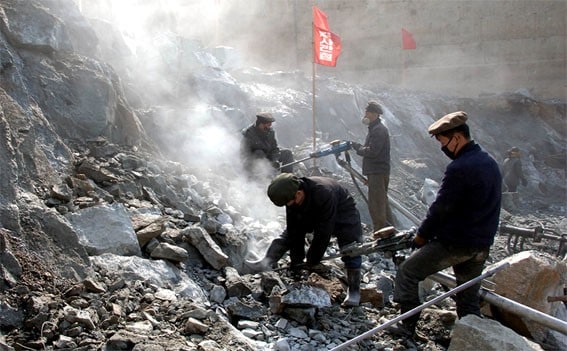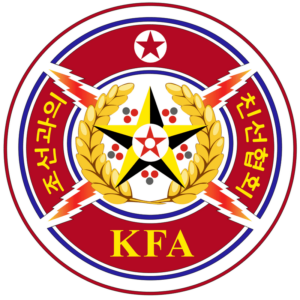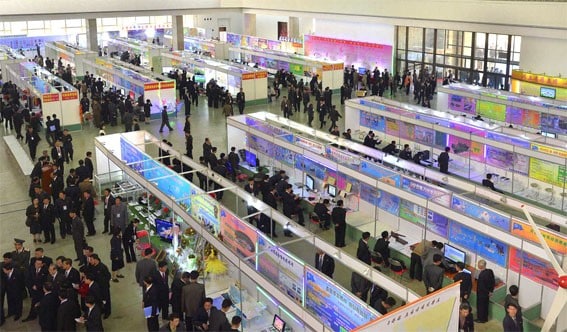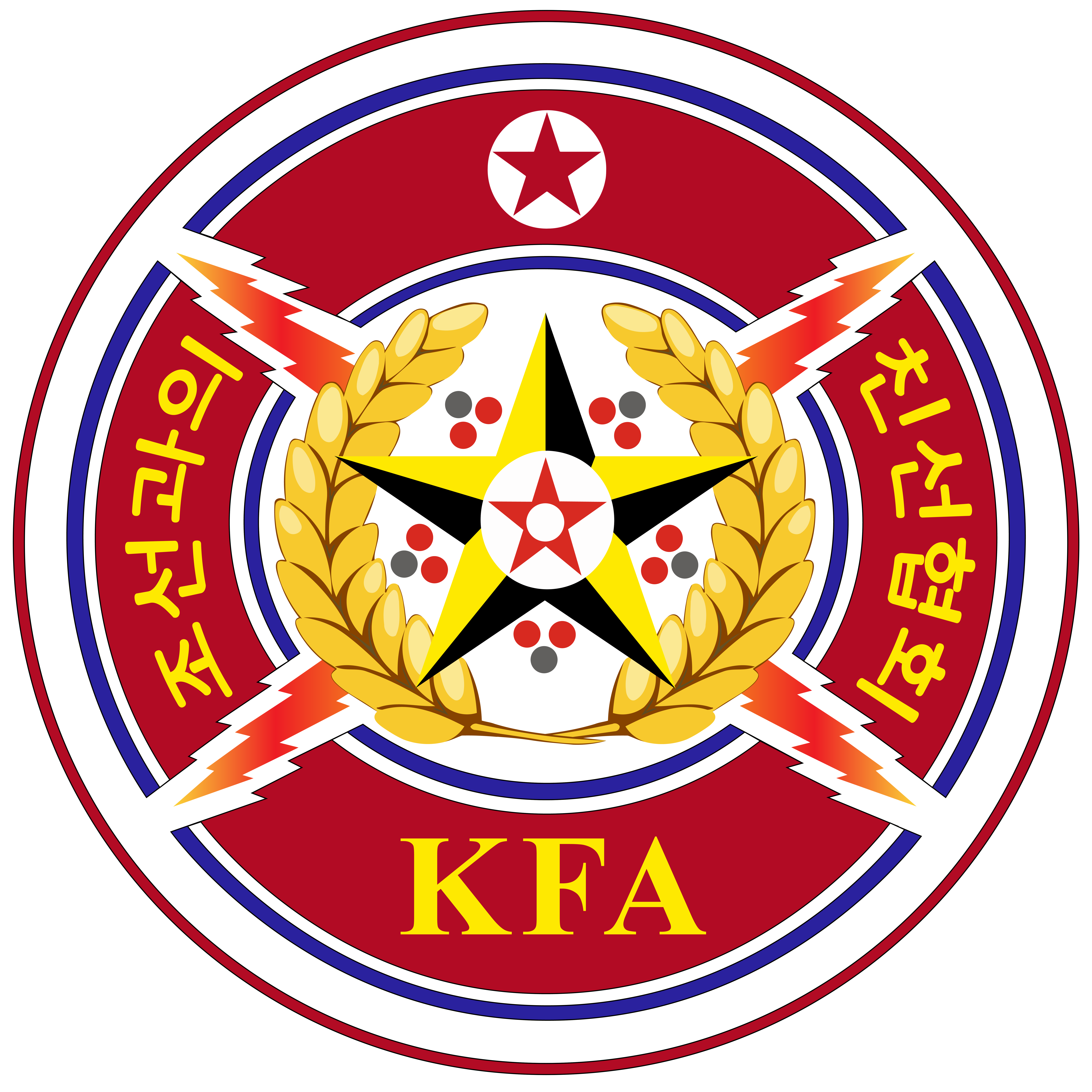News
DPRK is build a thriving socialist nation.
A gigantic struggle is going on in the DPRK to build a thriving socialist nation. Miracles and innovations are sweeping the whole land. This ethos is mainly spearheaded by the young people. In the past century the Korean youth created the Chollima Speed and the Pyongyang Speed in the most difficult and labour-consuming fields in every period and stage of the Korean revolution—the building of a new country, the Fatherland Liberation War, the postwar rehabilitation and the socialist construction—bringing policies of the Workers’ Party of Korea into practice. Inheriting such a spirit, young people at present are creating the Korean Speed in the new century of the Juche era. The soldier builders of the Korean People’s Army are making innovations in all sites of socialist construction as the main force of the revolution, holding high the slogan “Let us take upon ourselves both national defence and socialist construction!”
Last year they built the Rungna People’s Pleasure Ground, the Munsu Water Park, the Mirim Riding Club, the Unha Scientists Street, the Okryu Children’s Hospital, the Ryugyong Dental Hospital and the Masikryong Ski Resort in less than or a little over a year. Parks, pleasure grounds, vegetable greenhouses and mushroom-production bases were wonderfully erected to the delight of the people. After the completion of the ski resort the soldier builders, the creators of the Masikryong Speed, participated in the renovation of the Songdowon International Children’s Camp in November last year and created the Korean Speed in the revolutionary soldier spirit in the most adverse condition of winter. In May last they finished the project with credit. All the buildings and facilities befit a civilized socialist state in terms of their style and content while being consistent with the principle of giving top priority to convenience and aesthetic beauty as required by the Juche-based idea of architectural beauty.

The soldier builders charged with the task of building a hostel for the workers of the Pyongyang Kim Jong Suk Textile Mill erected a wonderful structure in a short period of some 180 days, to be worthy of a project in the era of the WPK. Those who were ordered to build the January 8 Fishing Station that would work exclusively for baby homes, orphanages, orphans’ primary and secondary schools and elderly folks’ homes across the country, set up all the production buildings, living facilities and the dwelling district as good as to be worth mentioning even in the distant future—in a matter of a little over two months. “Let us take responsibility for the safety of the project and guarantee its absolute quality for all eternity!” was the slogan they upheld.
By making the flames of the industrial revolution in the new century flare up more fiercely, the young scientists of Korea, with the same spirit and mettle as were displayed in conquering space, are waging a dynamic campaign to break through the cutting edge of science and technology. They are making positive efforts to help build a knowledge-based economic giant and a civilized socialist nation by dint of science and technology. Young researchers of Kim Il Sung University and Kim Chaek University of Technology and many other universities and colleges are producing valuable inventions and new technological innovations. Those of the State Academy of Sciences and smiliar organs and enterprises have developed numbers of inventions and programs. The scientists of the February 8 Vinalon Complex have introduced such research successes as the establishment of IT-based control system in the acetylene production process and the feeding monitoring system in the air-tight carbide kiln. In March last there was an exhibition of sci-tech achievements of the young scientists dispatched to factories and enterprises in different fields of the national economy across the country. Over 3 200 items of technological innovation of as many as 2 000 sorts were put on display. The visitors were particularly attracted to the presentations from South Phyongan, South Hwanghae, North Hwanghae, Ryanggang, North Hamgyong and South Hamgyong provinces, and the Ryongsong Machine Complex, the Hungnam Fertilizer Complex and the February 8 Vinalon Complex.
Noble traits are flourishing among youth and students as befit the Songun era. In April last some graduates of the teacher training college and the college of education in South Hwanghae Province volunteered to work at schools in far-off, solitary islets in the West Sea of Korea. Having understood that the hope and ambition of youths in the Songun era should consist in a worthy life at difficult and hard places that the Workers’ Party of Korea is concerned about, they resolved to be teachers of local small schools on the islets. Over 20 of the graduates of the teachers’ department of the Hamhung Choe Hui Suk Teacher Training College No. 1 volunteered to teach at schools in islets, mines and mountaineous areas in the province.
Amid the mounting zeal of the nation for sports the sportspersons have recorded good results in international contests. In February last DPRK wrestler Jong Hak Jin took first place in the 57-kg event of the Takhti Cup international senior freestyle wrestling tournament. Last March Rim Un Sim snatched three gold medals in the 2014 Asian youth and junior weightlifting championships held in Thailand when Ri Song Gum renewed the world record in her category and bagged three gold medals. Kim Ji Hyang breasted the tape at the Chinese Taipei International Marathon, and Jong In Sun won a gold medal at the women’s 55-kg category in the 2014 Asian Wrestling Championships in Kazakhstan in April. The DPRK team obtained five trophies and 25 golds, thereby coming to the top of the national rankings in the Asian Taekwon-Do Championships held in Nepal. Kang Yong Mi won a gold medal at the 2014 FIG ART Challenge Cup tournament by performing difficult movements smartly.
The Korean young people are well aware that they can honour their youth only when they take the lead in translating the WPK’s policies of building an economic giant into reality. Their strength, wisdom and resources are all channelled to the demonstration of their honour and pride.


